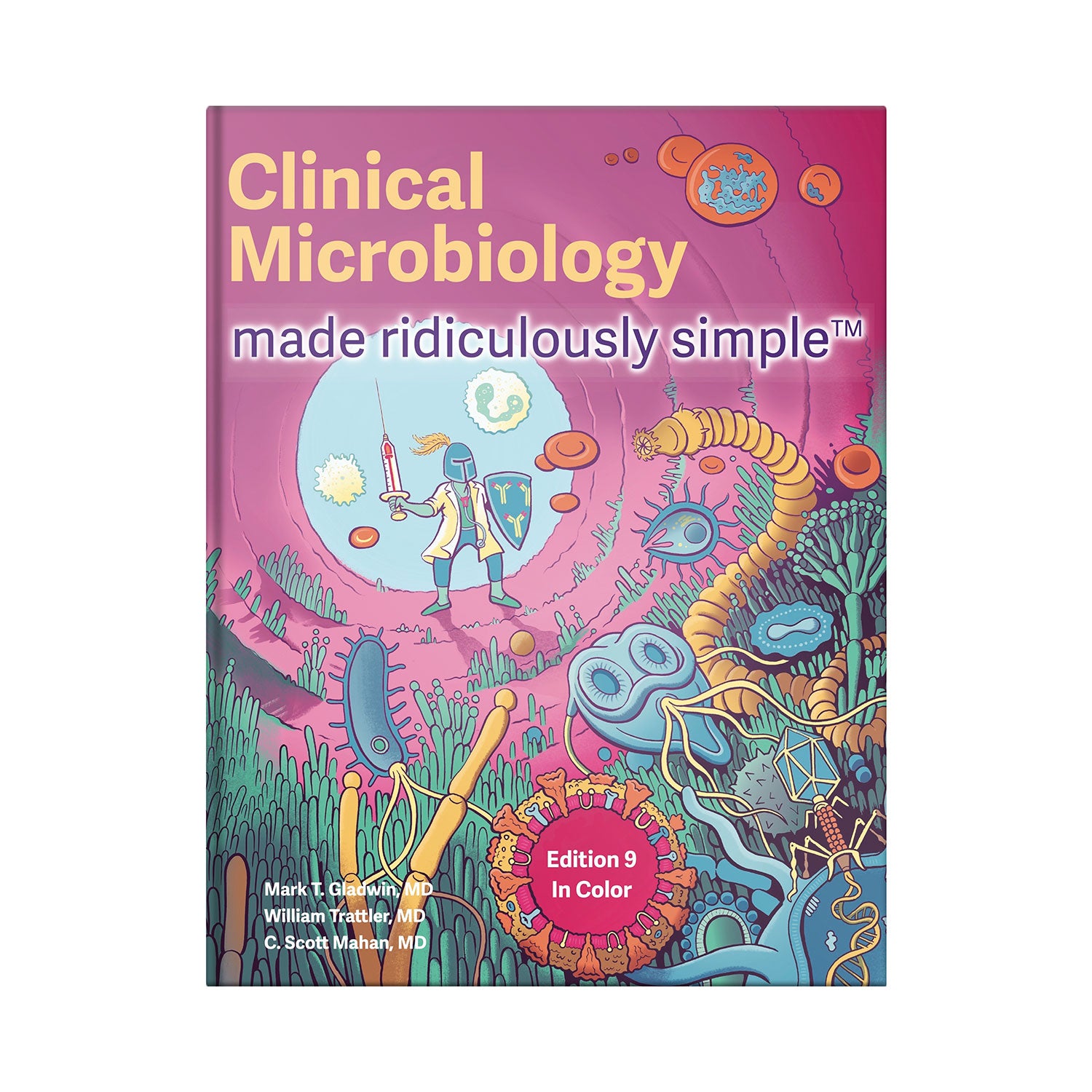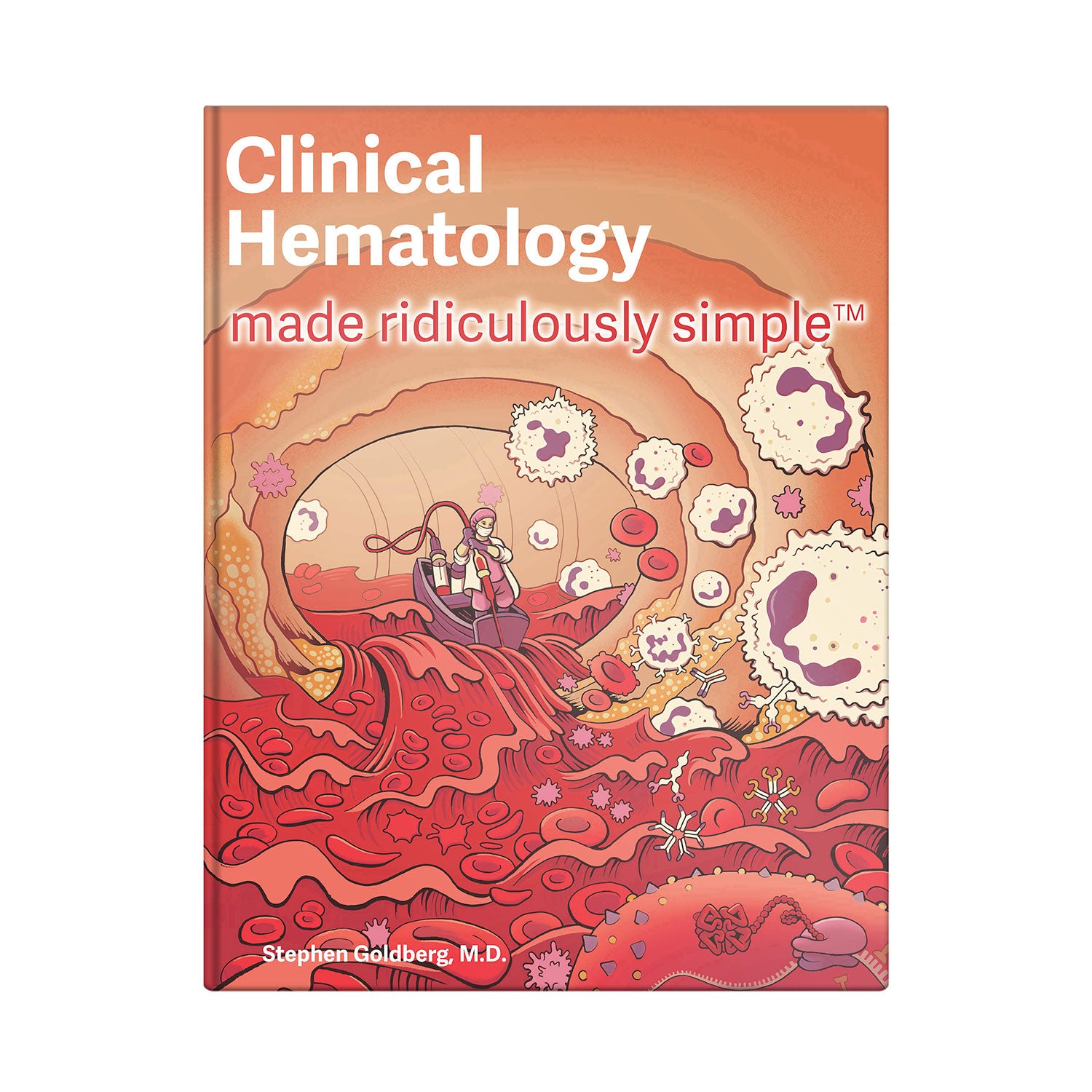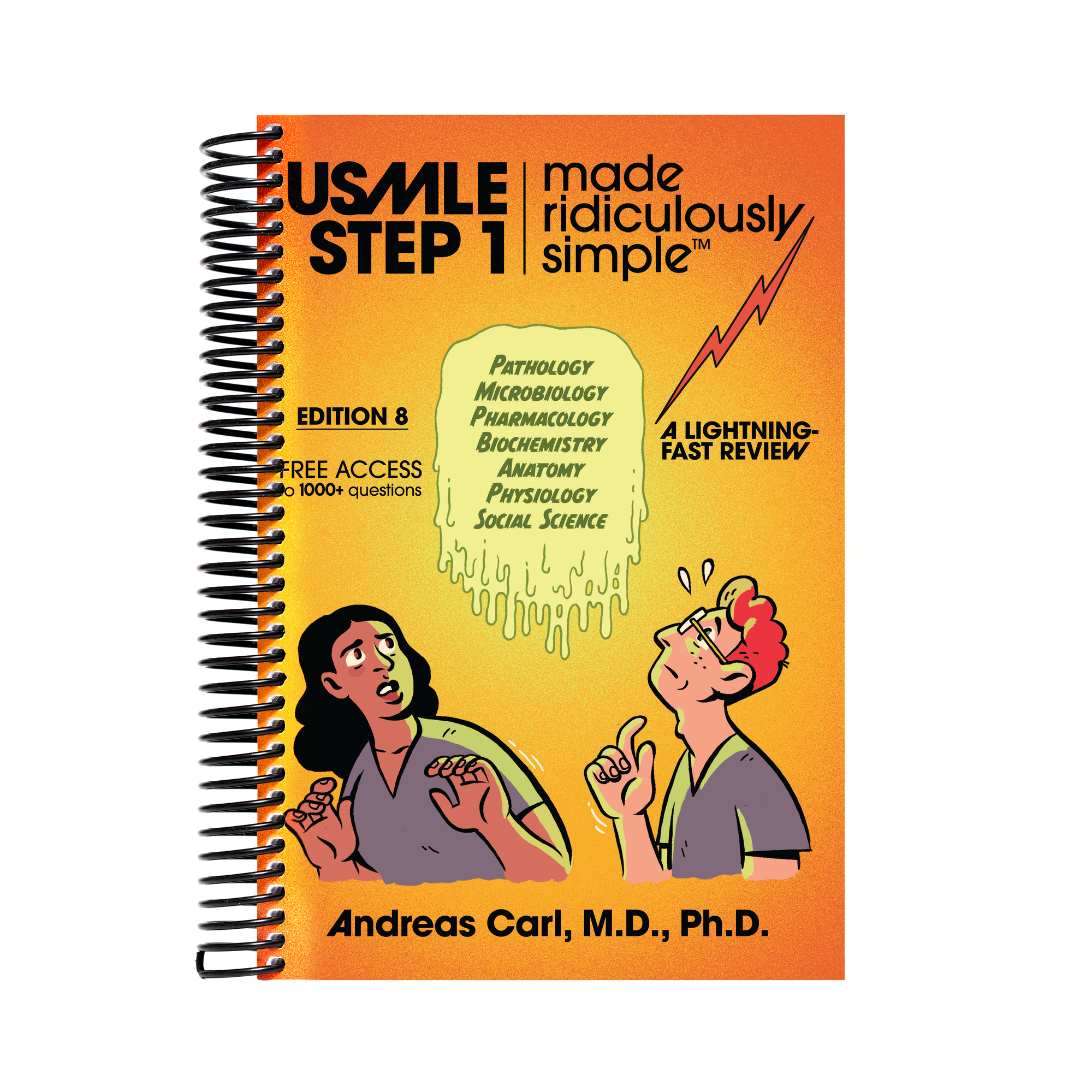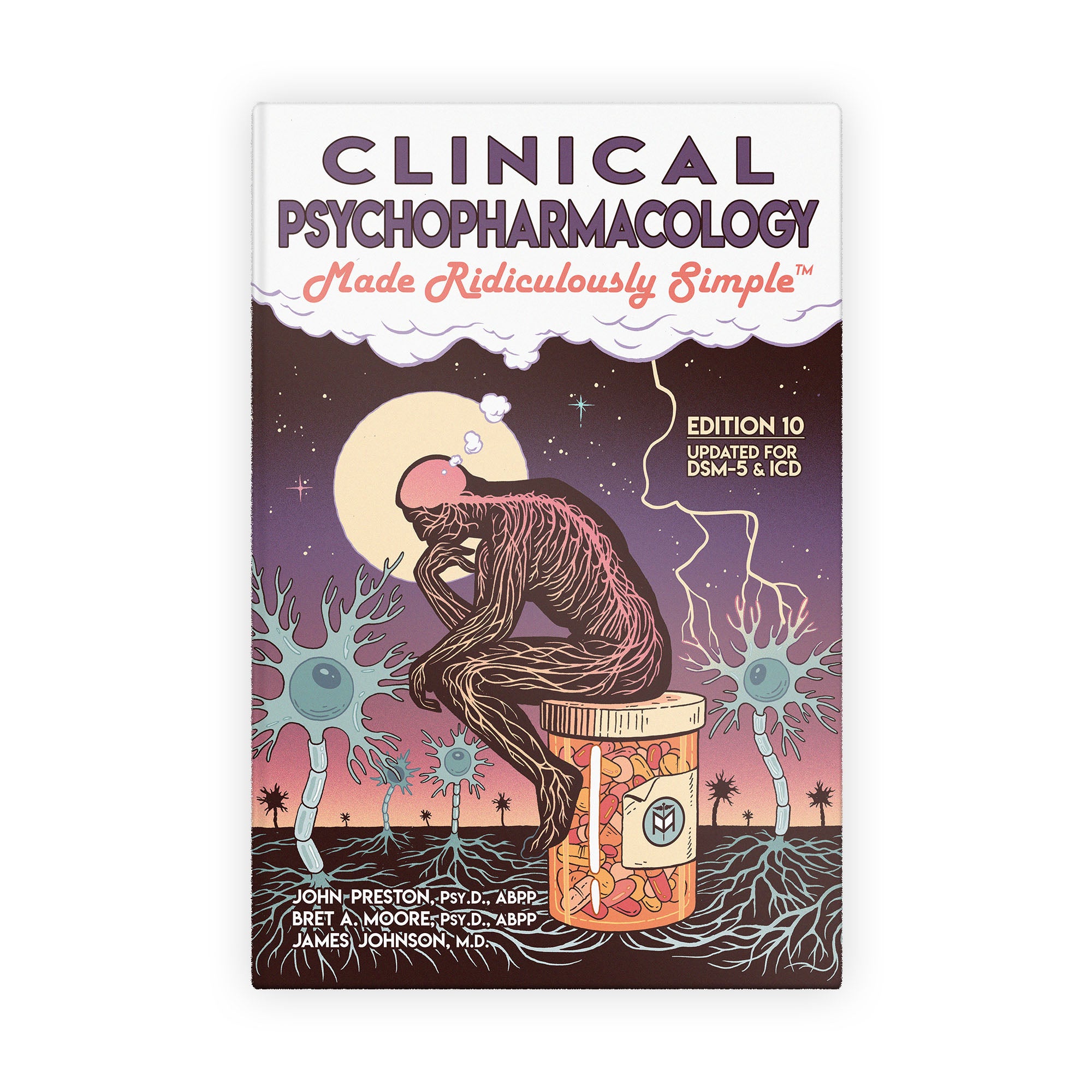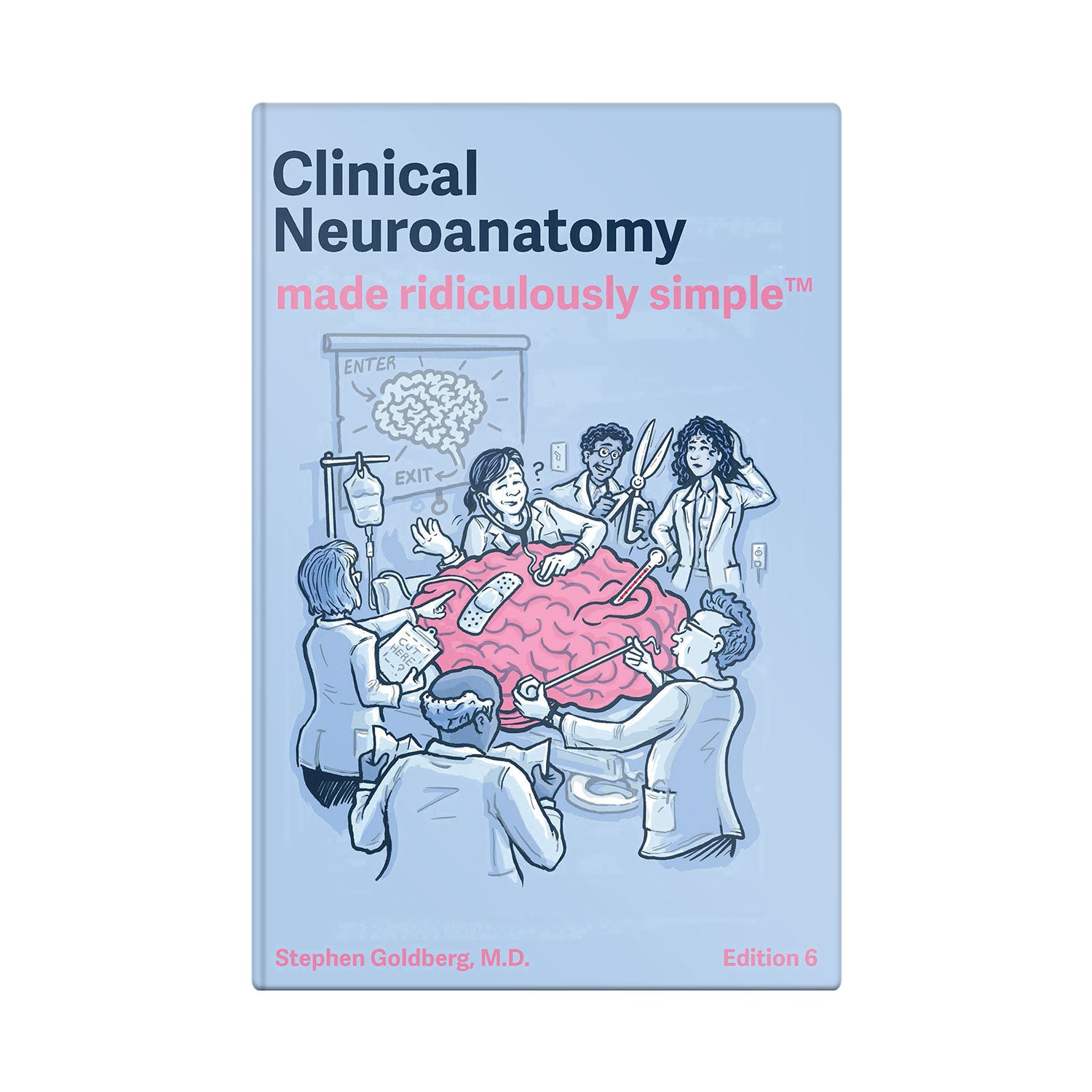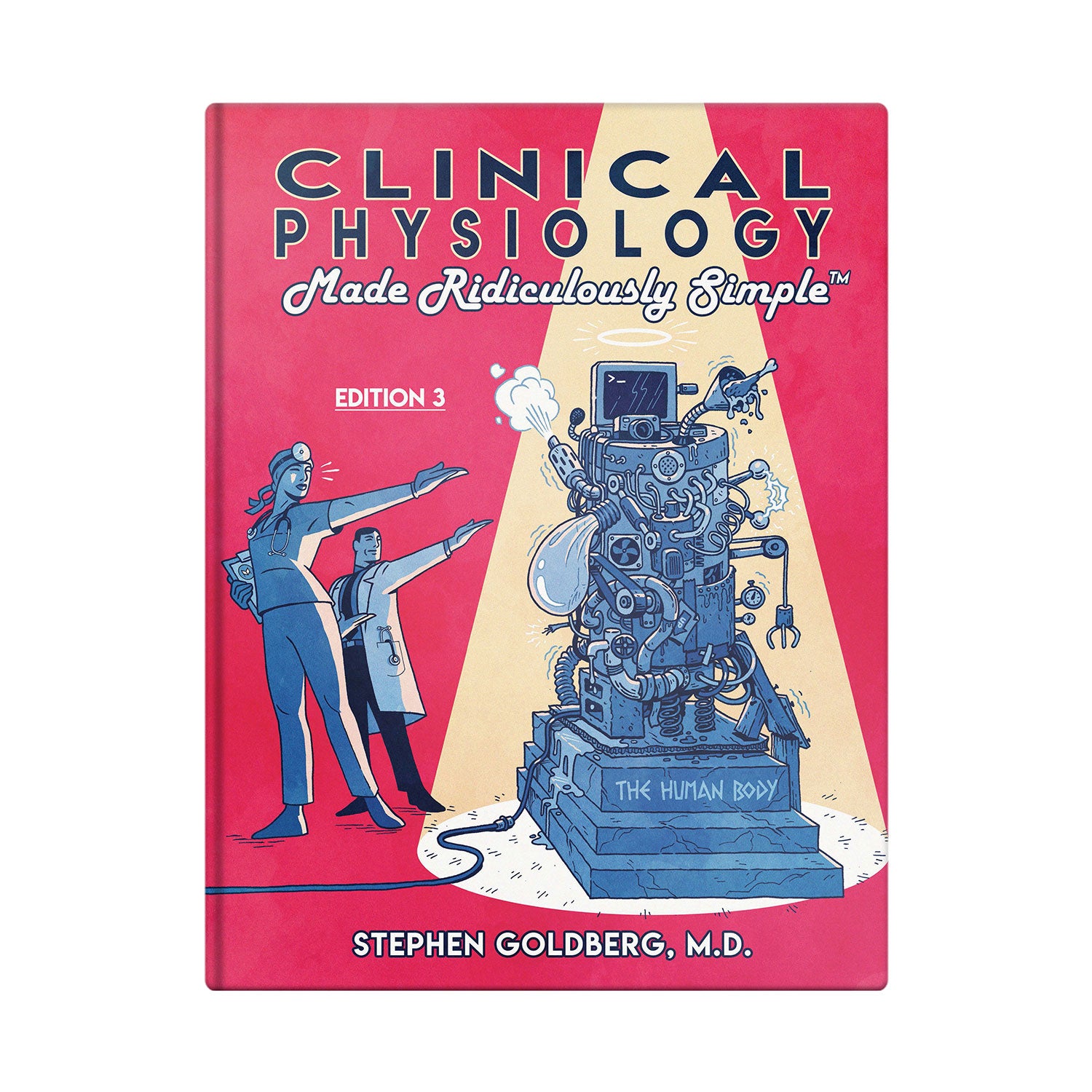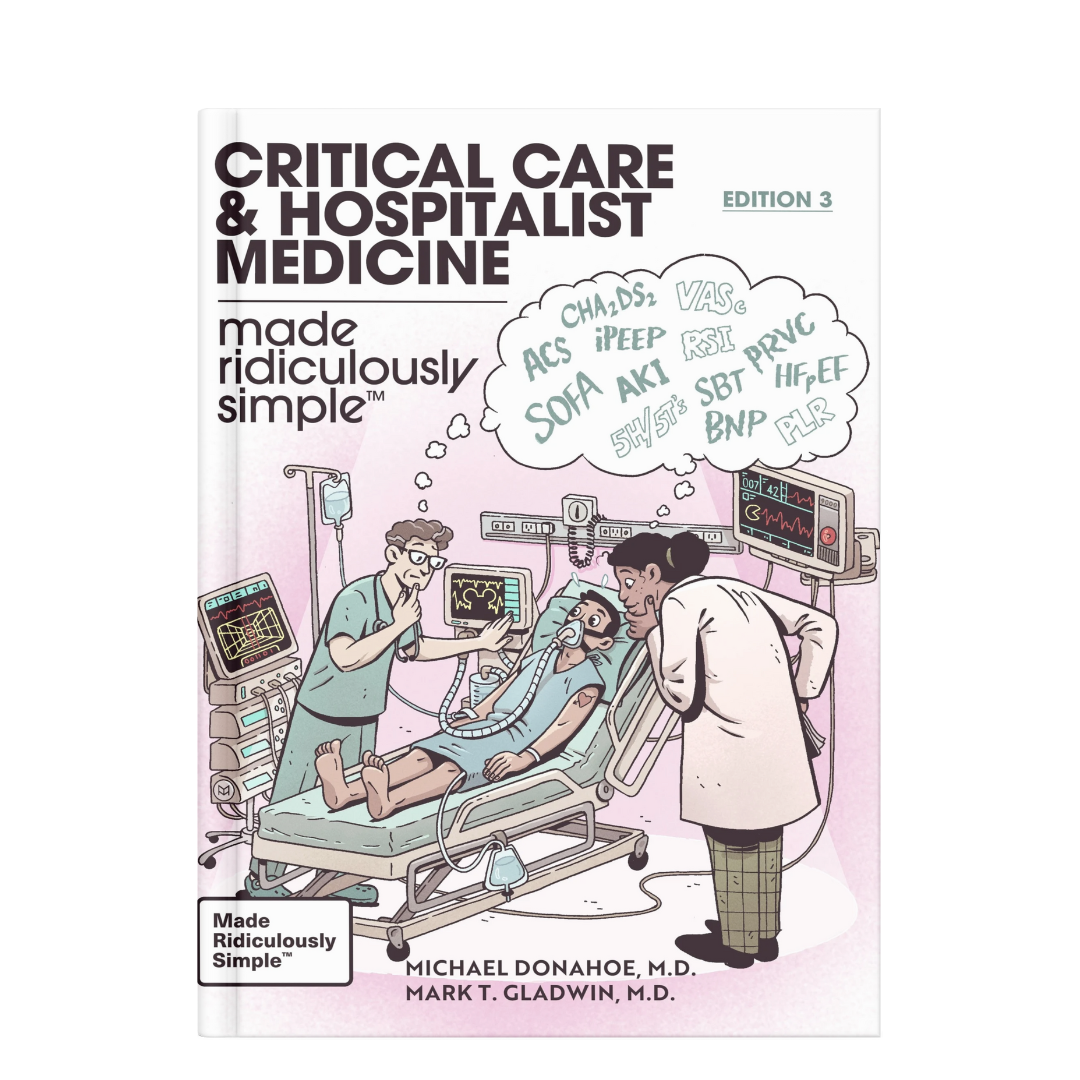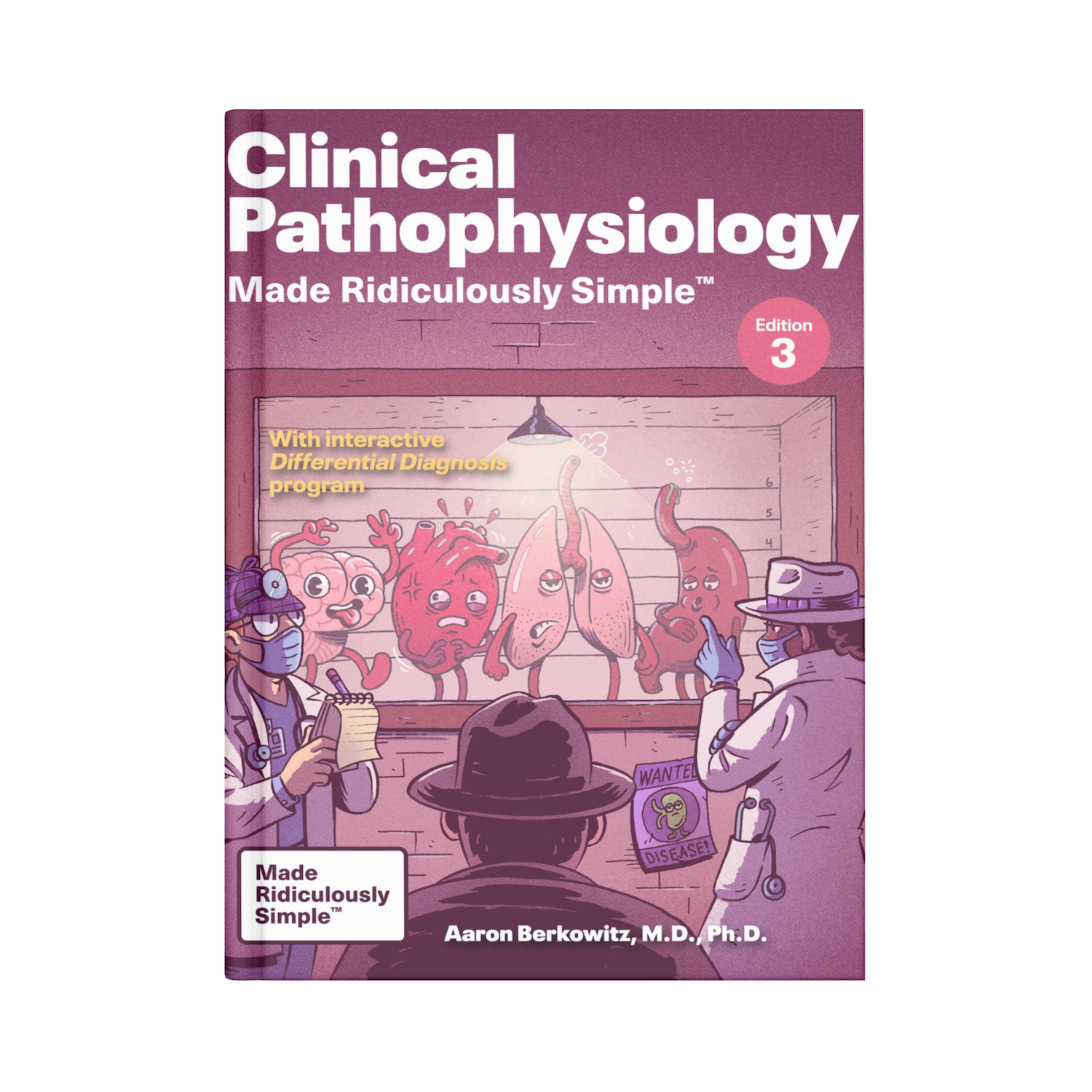
Should USMLE Step 1 Be Eliminated, Modified, Or Open-Book?
Even the best physicians may have trouble with questions on the Boards.
At first glance, Step 1, which emphasizes basic science knowledge and is taken after the second year of medical school, would seem necessary to insure that medical students have achieved the proper level of knowledge to proceed in their education. However, there is another consideration.
I cannot help but notice the great amount of time spent by students discussing how to pass the medical Boards; students are compelled to spend a great deal of time in rote memorization of esoteria for the exam; otherwise they may not pass. In my view, this emphasis interferes with the need for students to acquire a proper understanding of the topics discussed in the first two years, understanding that is vital in taking care of patients.
“Now this shouldn’t hurt a bit!” From Med’Toons, by S. Goldberg, Medmaster
Today, it is relatively easy to electronically search for isolated points of information through apps and the Internet; there is less need for rote memorization, which computers do best, and greater need for understanding, which humans do best. Despite the information explosion, surely there is less need to memorize so much and greater need to promote understanding of the clinical material as a whole.
Even the best physicians may have trouble with questions on the Boards. We would like to gear medical education to turning out the best physicians. But what constitutes an excellent physician?:
- Most cases a physician sees are common situations rather than zebras. Good medicine is largely a matter of applying common knowledge and principles to diagnosis and treatment, without getting sloppy, rather than coming up with a roundsmanship coup. The excellent physician does not, to save time, routinely order, in a shotgun fashion, all manner of rare, invasive, and expensive low-yield tests. Nor does the excellent physician hastily rush to decide on a diagnosis based on a too-quick, superficial initial impression. The best physician is not necessarily the one who has the greatest knowledge base, but the one who consistently and meticulously applies common knowledge.
- Patients do not care so much about the physician's medical school or residency diplomas as they do care about how the physician responds to them as individuals, whether the physician is compassionate, and allots the patient the necessary time. “Patients do not care how much you know, until they know how much you care.” This aspect of medicine is also important, just as is the knowledge base.
- The good physician, unless there is an emergency, schedules reasonable office waiting times, promptly notifies patients of lab results, follows up on the patient’s progress, and adopts more than just a cookbook approach to diagnosis and treatment. Medical education needs to emphasize understanding of important concepts, as well as familiarity with where and how to search for isolated points of information, which have grown too large for anyone to remember. This is not emphasized on the Boards. Emphasizing understanding, something Medmaster has focused on for the past 34 years, may seem to be a minimalistic approach to education, but in fact it is a maximal approach, insuring that the student acquires the greatest degree of understanding. Every patient is different, and a cookbook approach may not work for all patients; understanding what one is doing is critical to good patient care.
So, should Step 1 of the USMLE be eliminated, or modified? Perhaps Step 1 should be an open-book exam; this would more resemble everyday practice, where physicians now have ready access to point-of-care information. What do you think?
The Goldberg Files
The Goldberg Files is based on the struggles of Dr. Goldberg as well as those of his many students which he observed while teaching medical school for 25 years. This extensive blog is dedicated to assisting students in dealing with the stresses of medical education. Want to learn more?


